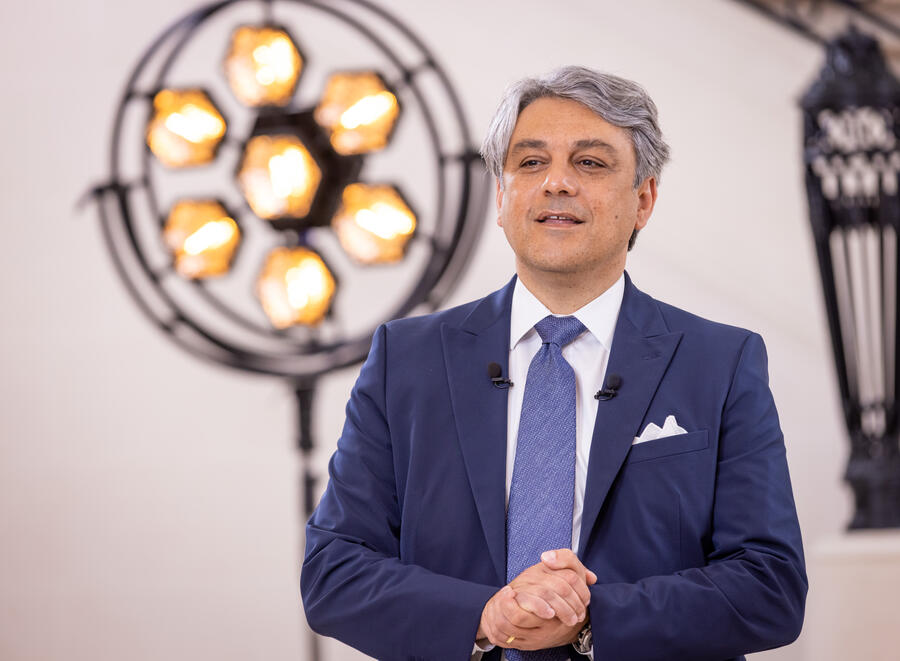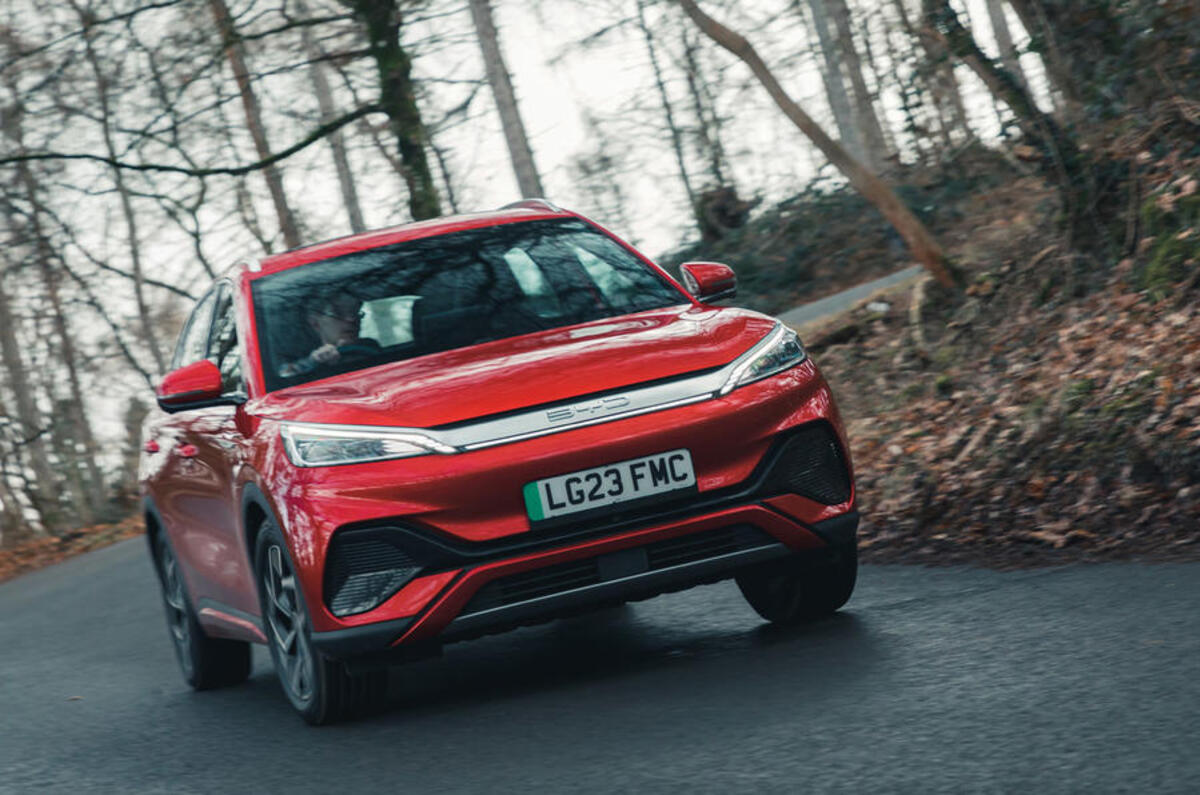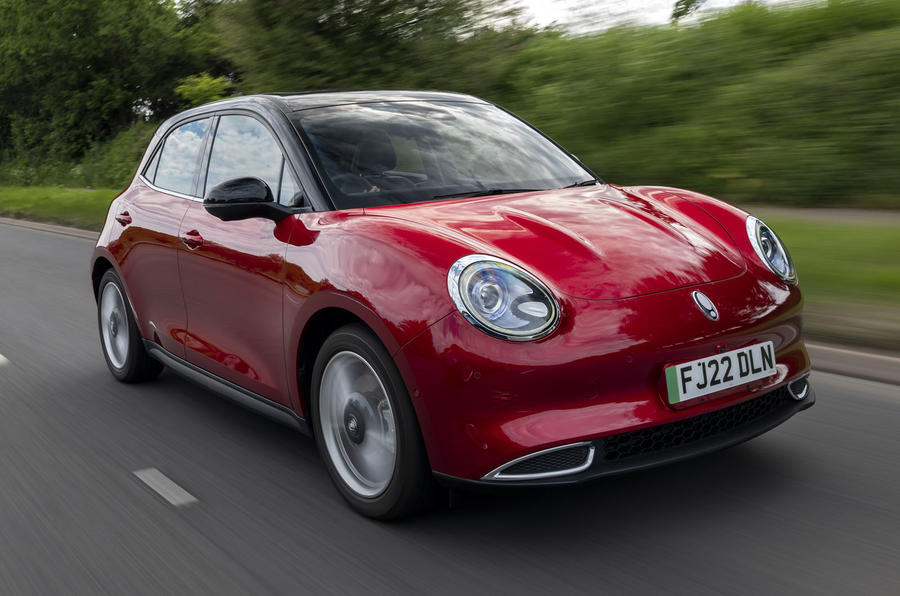Renault Group boss Luca de Meo says there's no reason to hinder the progress of Chinese car makers in Europe – but emphasised the need for a definitive industrial strategy that allows established manufacturers here to compete with them.
Speaking at the Munich motor show, where his firm's new Scenic crossover is on display alongside new models from BYD, Nio, Seres and others, de Meo outlined his reaction to the increasing prevalence of Chinese brands in the market.
"The only thing we can do is to accept that, to actually look at them and be humble, but not playing the victim," he told Autocar.
He brushed away suggestions that Europe should embrace protectionist policies like that of the US's Inflation Reduction Act (IRA), citing historical evidence that the rapid growth of of new players in a market doesn't necessarily mean they will come to dominate it.
"When the Japanese and Koreans came to Europe, it was the same thing," he said. "They can play the game.
"If you sum up all the non-European brands in Europe, it's 25%, not 95%. So I'm sure – and I speak personally; you might have very different opinions; there are people who sway between protectionism, laissez-faire and laying down the red carpet – that there's no reason why we shouldn't allow people who do good stuff for the European consumer to enter the market, to offer people what they want."
However, de Meo used the arrival of these new marques as evidence for his argument that European manufacturers should be able to lean on similar support systems to those available to Chinese manufacturers.

"We also have to recognise that globally we're in the kind of race that's a form of asymmetrical competition. America is playing the protectionist game with IRA and we're facing on the other side a Chinese ecosystem that's supported heavily by authority, by clear industrial policy, including subsidies on manufacturing, giving money for investment.
"The thing that isn't in the habits or the rules of the European community [is manufacturing support]. We tend to finance innovation projects but not manufacturing, so you get the money to develop a platform but not to put the platform on the line.
"The money is available, but the logic only addresses one part of the story. When you want to sell cars, you have to produce them, and to produce them, you have to build plants and infrastructure. And the system of subsidies in general across sectors isn't designed to support manufacturing development, only R&D."









Join the debate
Add your comment
After so many years, the French finally join the British against IRA